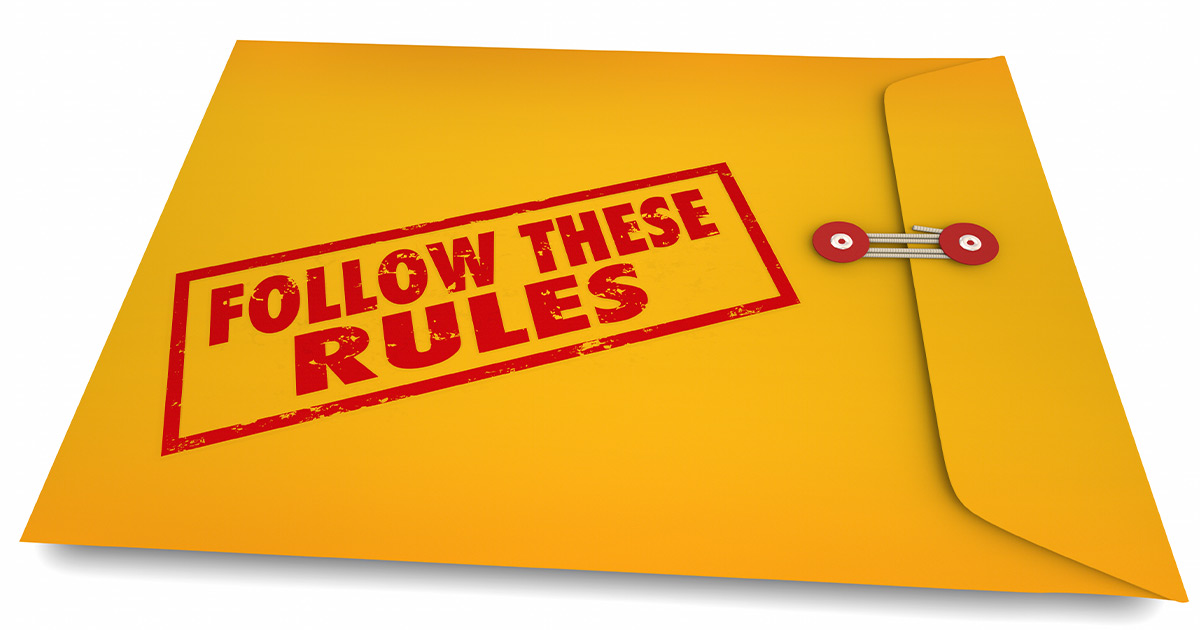Change to Rules and Regulations won’t do. The Court makes it clear: Changing the permitted use of a home must be effectuated by amending the Declaration and/or By-Laws
For years, it has been clear that a condominium’s Board seeking to change any of the community’s rules which alter how a homeowner may use their home must do so not simply by making or changing the Rules and Regulations, but by bringing the change before the members for a vote to amend the Declaration and/or By-Laws. Some of the more common wrongful rule changes pertain to pets, rentals, and fines. For example, one community sought to prohibit the walking of pets on condominium common areas, while others have attempted to prohibit subletting – despite that the Declaration or By-Laws allowed for these actions, i.e., these activities were already permitted uses of the home.
Condominium Law
The Condominium Law clearly states that each community’s set of by-laws must contain “[s]uch restrictions on and requirements respecting the use and maintenance of the units and the use of the common elements, not set forth in the declaration, as are designed to prevent unreasonable interference with the use of their respective units and of the common elements by the several unit owners.” (RPL §339-v(1)(a)(i). But what about homeowner’s associations? A recent Second Department decision now makes it clear that, although not governed by the Condominium Law, HOAs are now bound by the same rule.
In Turan v. Meadowbrook Pointe Homeowners Ass’n, Inc., the Board promulgated a new House Rule prohibiting community members from keeping dogs that exceed 25 pounds. A homeowner brought an action against the Board contending that this restriction was null and void, and the court agreed. The community’s declaration contained no restriction on the size of dogs, thus the house rule constituted an amendment of a permitted use of the plaintiff’s unit, which, pursuant to the by-laws, required approval by 66⅔% of the homeowners at a noticed meeting, and an amendment to the declaration.
Takeaway
The takeaway: It might easier to simply make or change a rule, but in the long run, an illegal rule could cost more than the rule is worth.
Turan v. Meadowbrook Pointe Homeowners Ass’n, Inc., 2022 NY Slip Op 07255, 211 A.D.3d 985, 180 N.Y.S.3d 591 (App. Div. 2nd Dept.)


